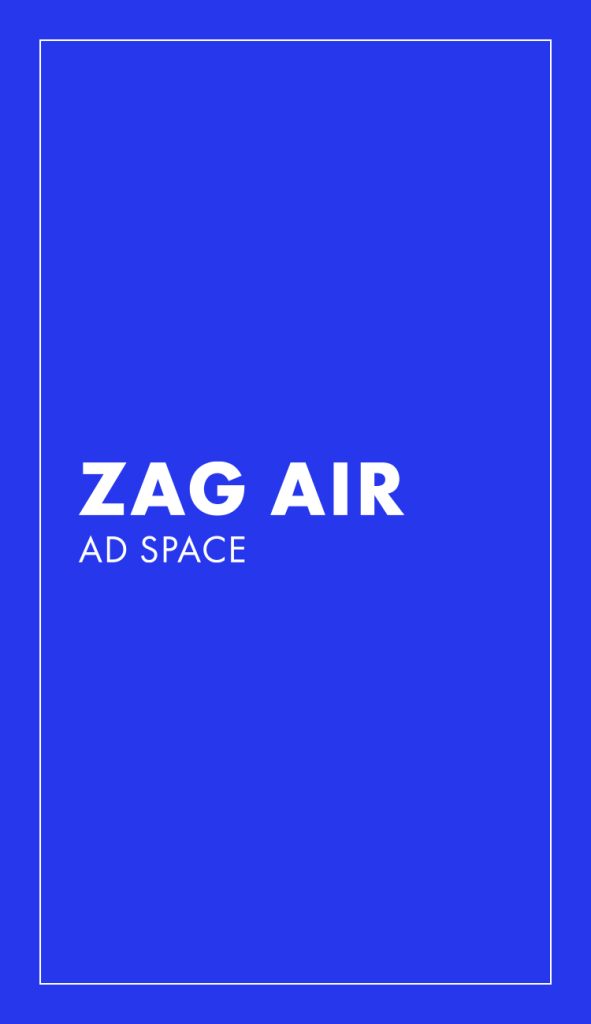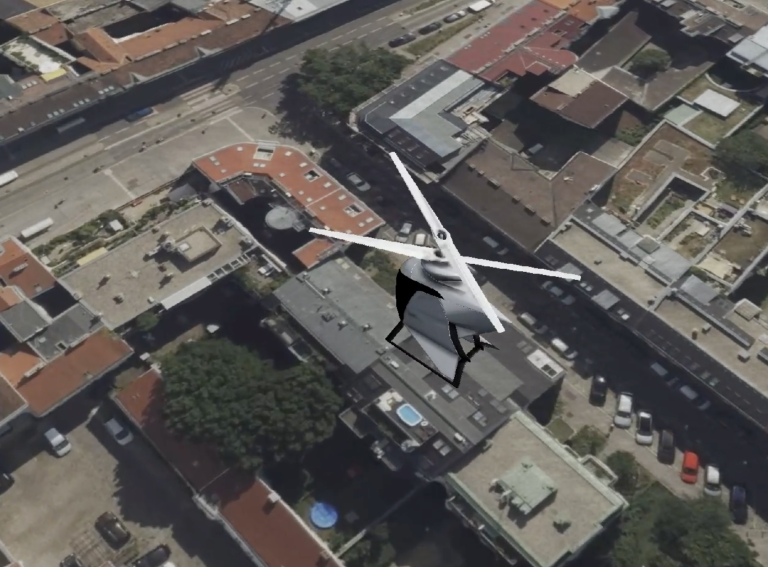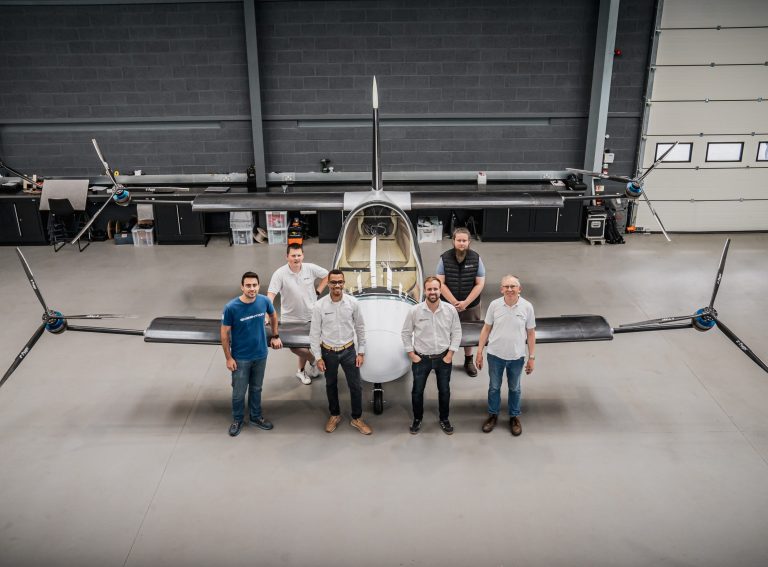By prioritising cargo-focused solutions over the high-profile passenger eVTOL market, Brazilian companies like Moya Aero and Speedbird Aero are carving out a distinctive path for the country’s AAM landscape.
Brazil is positioning itself as a global testing ground for practical, scalable uses of autonomous aviation. Its aviation ecosystem, centred in São José dos Campos near São Paulo, offers fertile ground for AAM innovation. Often referred to as the “Silicon Valley of Aerospace,” the region is home to Embraer – one of the world’s leading aircraft manufacturers – and a dense network of startups and suppliers.
This diverse ecosystem reflects Brazil’s unique geographic, economic, and regulatory conditions, raising the question of whether cargo-first strategies will gain traction more quickly than passenger eVTOLs.
Meeting regional needs
Remote regions such as the Amazon, which lack infrastructure for traditional transport, present natural use cases for autonomous cargo operations. Moya Aero, founded in 2019, is pushing this movement with its high-capacity, pilotless cargo drones.
“We’re talking about 200-kilo payloads,” said Moya Aero Founder Alexandre Zaramela. “These aren’t just drones; they’re essentially vertical takeoff and landing vehicles. The focus on cargo, not passengers, makes sense given the technology maturity and certification challenges today.”
Zaramela’s decision to focus on cargo stemmed from his experience in the passenger eVTOL sector.
“When I was working with eVTOL companies like Embraer’s Eve, I realised the potential of autonomous flight, electric propulsion, and advanced composite materials,” Zaramela explained. “But I also saw the limitations. Passenger eVTOLs are facing regulatory and public trust issues that cargo-focused systems can avoid. That’s why we went the other way.”
The route to certification and public trust
For companies like Moya Aero, still in its flight testing stage, achieving certification is a critical milestone. The company aims to certify its cargo drones by 2026, with operations commencing in 2027. Brazil’s aviation regulator, ANAC, is known for its stringent standards, and regulatory frameworks for drones and eVTOLs are complex.
Zaramela is hopeful that demonstrating the safety of autonomous vehicles will enhance public trust in the technology and speed up the certification process.
“Autonomous vehicles in remote areas allow us to refine safety systems, accumulate operational data, and build confidence step by step,” he noted.
Speedbird Aero, a Brazilian company specialising in UAV solutions for logistics, offers a case study in how cargo-focused operations can navigate regulatory hurdles. The company’s aircraft were among the first UAVs to receive certification from Brazil’s Civil Aviation Agency. This enabled Speedbird to carry out thousands of commercial drone flights, including medical deliveries and ship-to-shore logistics.
“We started with well-defined, low-risk use cases,” said Manoel Coelho, CEO of Speedbird Aero. “Medical deliveries, for example, provide immediate societal value while building public trust in the technology. This isn’t just about proving technology – it’s about addressing real logistical challenges where traditional solutions don’t work.”
Public perception remains a key factor in the broader adoption of AAM technologies. By focusing on non-passenger applications, startups Moya Aero and Speedbird Aero aim to build confidence in their systems before tackling more complex use cases.




